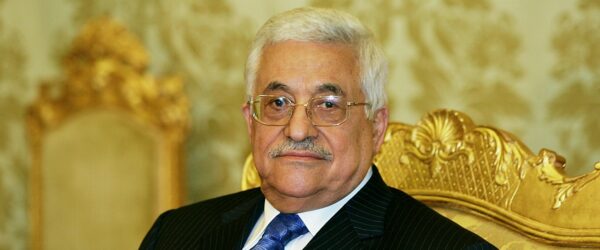| Hello from London,
Remember, remember, the 5th of November. Joe Biden has one year left to convince American voters to grant him a second term. In normal times I’d argue his chances depend on the economy: an incumbent tends to triumph if he presides, as Mr Biden does, over low unemployment, strong growth and falling inflation.
But these are not normal times. Voters don’t much like their elderly leader. Meanwhile Americans are all but skipping the primary season. Mr Biden is surely going to face off, again, against Donald Trump, as the Republican electorate shows scant interest in any other would-be nominee (another Republican debate is due this week, but don’t expect it to change the narrative.) The coming year will feel like one really long general-election season.
I don’t expect foreign policy to bolster Mr Biden’s position. He deserves credit for his handling of the Russia-Ukraine and Israel-Hamas conflicts. But could he be doing more? Take Ukraine. We recently published an explosive interview with General Valery Zaluzhny, head of Ukraine’s armed forces, who admits the war against Russia is at a stalemate. That provoked an angry response from the office of Volodymyr Zelensky, Ukraine’s president and General Zaluzhny’s boss. But the general is telling the truth. You can read his own words: he wrote us a column setting out his case. In short, he wants Western allies to supply new technology and more kit.
A month since Hamas’s attack on civilians in southern Israel, there’s no sign of a ceasefire in Gaza. Despite growing international pressure, including from Antony Blinken, America’s secretary of state, the Israelis are refusing even “humanitarian pauses” to get aid to civilians in Gaza. One of our correspondents in Washington takes the temperature of the America-Iran relationship, which presents a particularly knotty conundrum for Mr Biden.
My colleagues in our business and finance pages have also written a lot on the Middle East. Were the war to escalate, how might the region’s economy be affected? Our Buttonwood column, on investing, offers some thoughts on how to weigh the economic consequences of a third world war. On the home front, meanwhile, Silicon Valley’s upstarts are increasingly reining in their libertarian instincts and flogging their wares to America’s police.
This week we will launch a new newsletter, Essential India. I spent some time in Delhi working as an Economist correspondent, so India is a country close to my heart. My colleagues will be ramping up our coverage of the world’s most populous country ahead of next spring’s general election. The newsletter is free—sign up here.
If you are a fan of Roald Dahl, you may or may not be cheered to know that, come December, you will be able to watch a prequel movie that imagines the early life of Willy Wonka, the chocolate-purveying character conjured by the children’s author. We’ve written about this as part of a growing trend of makers of film and TV to mine literary estates for their treasures. (I can’t wait for Netflix’s six-part series, “Structural Reform”, drawn from The Economist’s 180-year-old archive).
For lighter fare, you may want to turn to our latest “Economist reads”, in which we consider six books that you didn’t know were written, commissioned or distributed as propaganda. Governments influence a surprising amount of literature. Some of it is even good.
Last week I asked how divisions over foreign affairs are felt in your corner of the world. Gabrielle, in the Philippines, says there is more local interest in the Ukraine war than the Israeli-Arab conflict, given concerns over how the former may affect the global economy. Greg, in France, complains that national restrictions on expressing public support for Palestinians “removes citizens’ right to protest”. Madurai Padmanabhan, in Singapore, argues that anger in the streets of India over the Israel-Hamas conflict might play into India’s own religious divisions. Finally, Varpu Rapeli, in New York, suggests outsiders should express equal revulsion at the violence inflicted in both Israel and Gaza.
This week, I want your suggestions. We have published over 100 “Economist reads” articles in the past couple of years. What topics would you like us to tackle in future? The highlights so far include looks at the history of western capitalism, books to read to become a better writer and a piece on how to understand espionage and intelligence. We’ve gathered them all in one place (browse the collection). If you tell me what other topics you’d like us to take on, we’ll try to make it happen. You can reach me at economisttoday@economist.com. |





